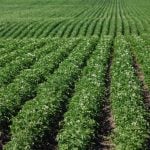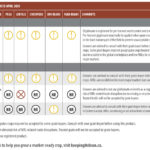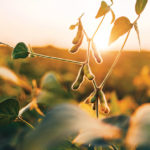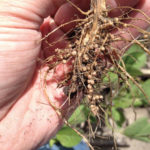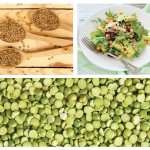Pulse Canada is getting $11 million in federal funds to take crop production to the next level. The funds from Agriculture and Agri-Food Canada were announced Feb. 9 at the University of Manitoba by Winnipeg South-Centre MP Ben Carr on behalf of federal Agriculture Minister Lawrence MacAulay. “This is going to be an extremely powerful[...]





